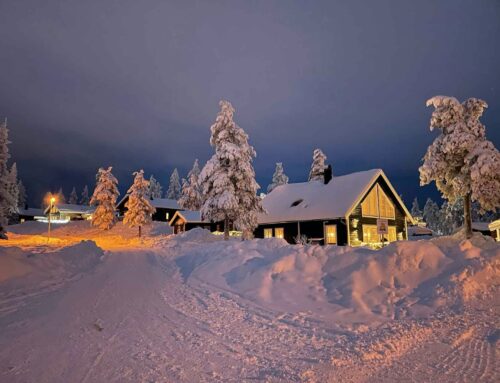West Chester University (WCU) has introduced new LPG-powered shuttle buses to its transportation fleet as part of its longstanding commitment to help save the planet by reducing carbon emissions and emitting fewer greenhouse gases on campus. As an added environmental advantage, the vehicles also emit fewer smog-producing hydrocarbons and particulate emissions than conventional fuels. Golden Rams, the University’s football team, can now be seen shuttling back and forth to campus on purple and gold buses.
“As part of the University’s contract with Krapf School Bus, WCU receives three dedicated buses that are used exclusively on our campus,” said Todd Murphy, vice president for finance and administration. “In an effort to support the University’s intentional commitment to implement sustainable practices, Campus Services worked hard to make sure our new contract with Krapf included an option to provide buses with alternative fuels. Krapf made it happen; we now have three Blue Bird buses with Roush LPG conversion kits and we look forward to adding more in the near future.”
“Over the years, West Chester University’s commitment to sustainability has grown. While there is much more to do, I am proud that we have taken important steps to help transform our environment for future generations. From installing the second largest university geothermal system in the nation to today’s initial fleet of LPG shuttles, our actions demonstrate that we are serious about doing the work that needs to be done,” commented President of West Chester University Chris Fiorentino.
The clean, cost-effective vehicles, which are equipped with ROUSH CleanTech’s Autogas fuel system, retain equivalent horsepower, torque, towing capacity, and warranty coverage as gasoline-fuelled counterparts. The Autogas buses are also considerably quieter than their counterparts.
In addition to being eco-friendly, the new buses are practical. According to a 2021 Energy Department Clean Cities study, Autogas is the most efficient medium-duty transit bus fuel option based on cost and lifecycle compared to all fuel types.
For more information, please visit this link.






